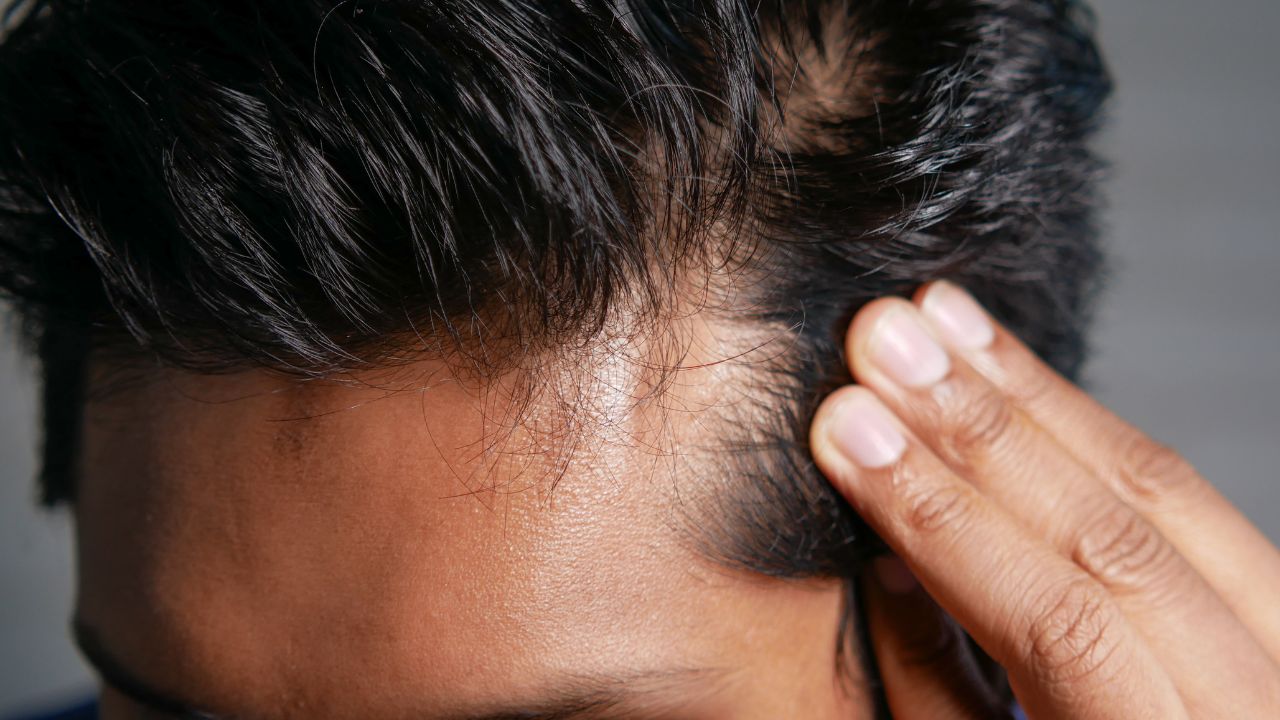Scarring Alopecia
Understanding Scarring Alopecia
What Our Patients are Saying
Posted on

Scarring Alopecia Treatments with Drs. Kopelman
Frequently asked questions about
Scarring Alopecia
Scarring alopecia is caused by various factors including inflammatory skin diseases, infections, and certain medical treatments, leading to irreversible damage to the hair follicles.
Awareness of scarring alopecia has grown in recent years, partly due to public figures speaking openly about their hair loss struggles. Some celebrities with frontal fibrosing alopecia have brought attention to this condition, helping others recognize symptoms early and seek timely treatment.
While there is no cure for scarring alopecia, treatments are available to halt its progression and manage symptoms. Early detection and intervention are crucial.
Corticosteroid injections are often used to reduce inflammation and slow the progression of scarring alopecia, especially in autoimmune types like lichen planopilaris or frontal fibrosing alopecia. Patients often ask about the alopecia steroid injection cost, which can vary depending on the clinic, dosage, and treatment frequency.
Scarring alopecia is unique in that it causes permanent hair loss due to the destruction and scarring of hair follicles, unlike other types of hair loss where hair may regrow.
Scarring alopecia often begins with subtle symptoms like redness, burning, or itching on the scalp. As the condition progresses, permanent hair loss occurs due to follicle destruction. It can also affect other areas of the body. Many patients ask, does alopecia affect eyebrows? In some forms of scarring alopecia—especially frontal fibrosing alopecia—eyebrow thinning or loss may be one of the earliest signs.
Hair transplantation can be an option in cases where the disease is stable, and there are sufficient donor hair follicles. However, it's important to evaluate each case individually.
At Kopelman Hair, we understand the complexities of scarring alopecia and provide comprehensive care to address this challenging condition. Our goal is to offer effective treatment and support to those experiencing scarring alopecia, helping them manage their condition and improve their quality of life.
Schedule a Consultation
We welcome your visit.
















